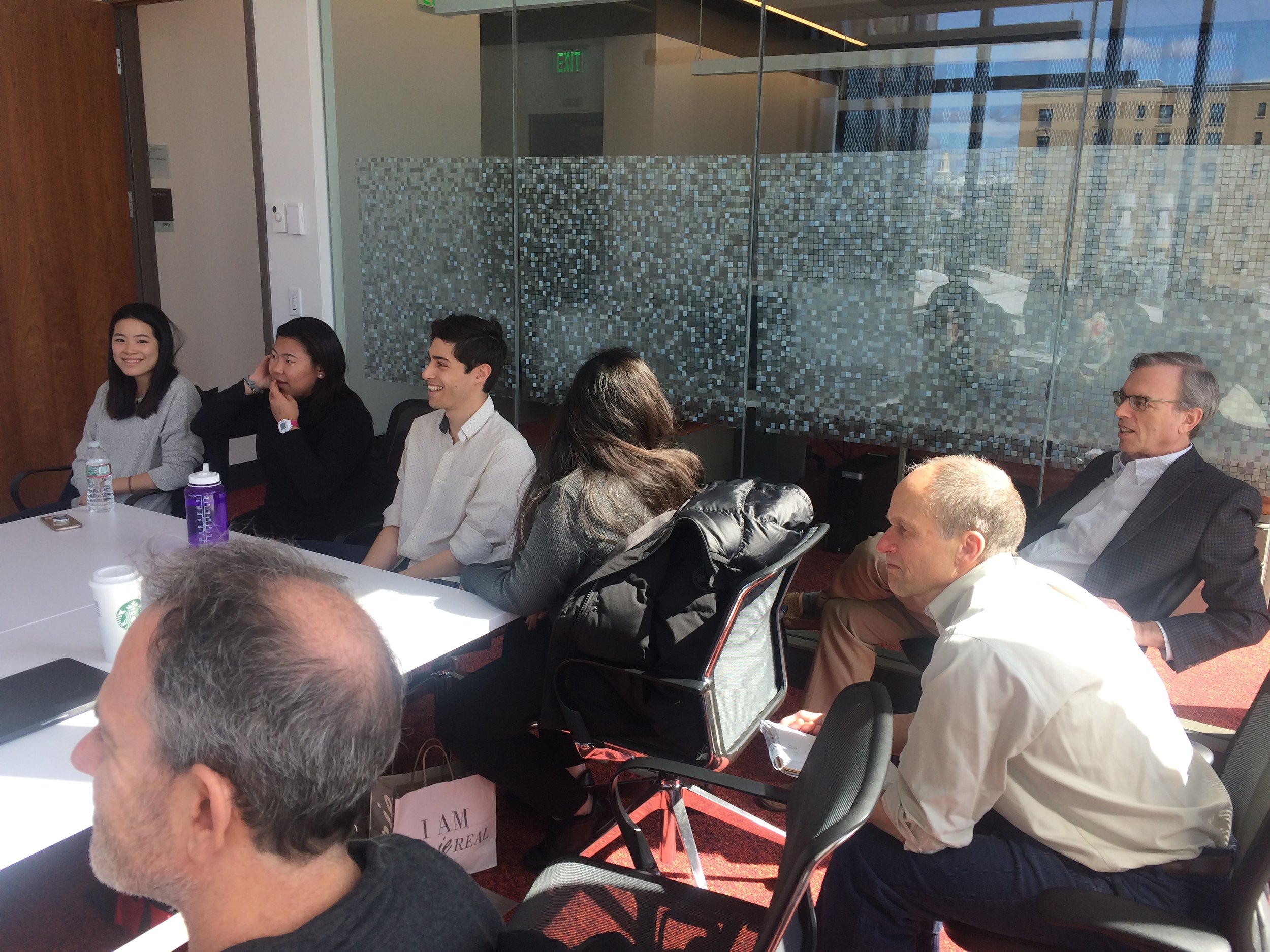Every year, the crew at BIF lets me bring a bunch of my Brown University students to BIF. My students are of all ethnicities, backgrounds, years and concentrations - #STEAM. This year, I asked the kids to share their reflections. Profound, personal, hopeful, cautious. Here are their thoughts.
Everyone is special and has something to offer the world and to teach each of us
Too often, too many people go unnoticed and unappreciated by society and by even by themselves. Miraculously, people find and activate their potential, even when they didn’t think they had any. That potential, when realized, impacts others - helping them see their potential and getting and giving second, third plus chances. Despite what we hear from the media, our world is filled with good people. Everyone has something to teach us … and everyone is magic.
LISTEN! Stories matter!
LISTEN! It’s important to let stories soak into us and to find ways they can inform & improve our own lives and experiences. Stories are how we learn from the very beginning. They are examples, not instructional guidelines (which are 1 size fits all). Stories aren’t a “do this, do that, then this happens.” They require us, the listener, to do the work of weighing that story against our own values and decide how and what parts to apply to our own lives. Stories can make magic happen.
Use the Network for Good.
The network, along with many of our privileged lives, has the potential for doing good. Our networks and advantages can and should be used to open opportunities for others. There are so many great people in the world. You have to be open to finding them, willing to meet them and to expand your network with and for them. The network spreads magic.
It seemed that, in particular, this year, BIF invigorated my students to make a difference (which is saying a lot since these kids are wired to have a positive impact by default!). They left with Darden Smith’s words - Know where you are starting, what you stand for, who you’re not, and be willing to wander and wonder! Then, think big and run with it!









